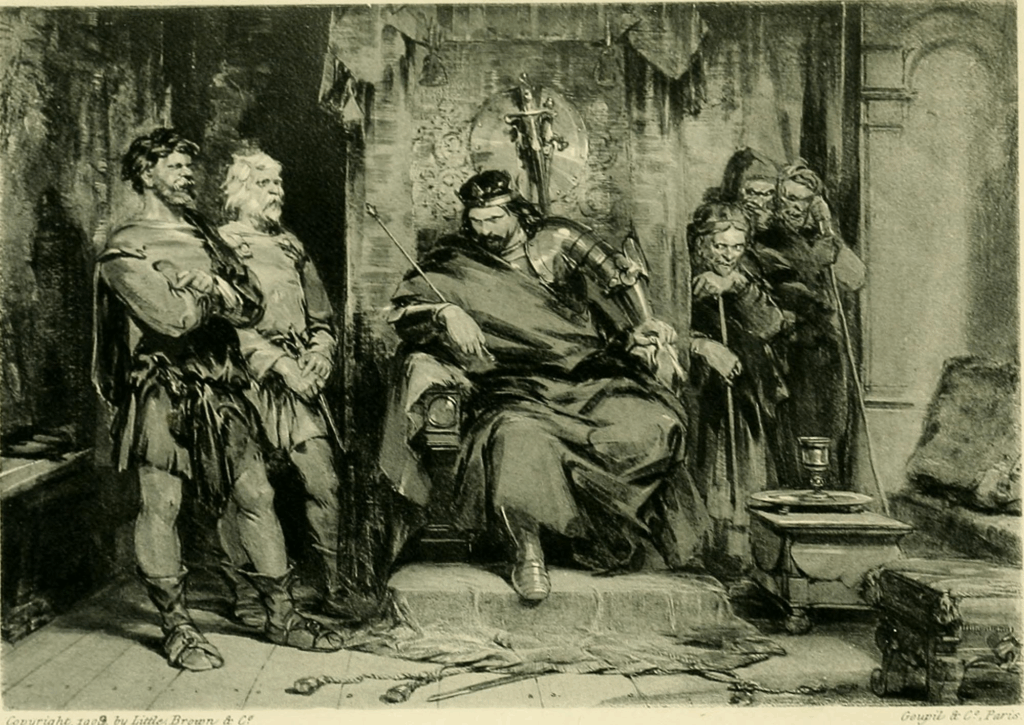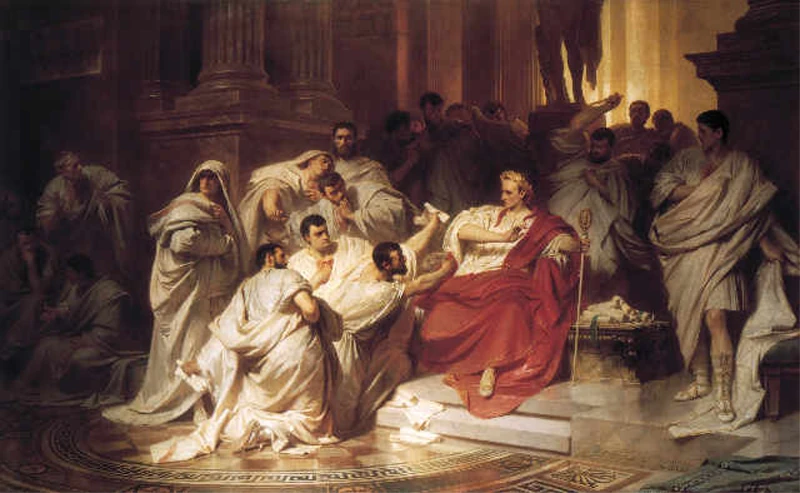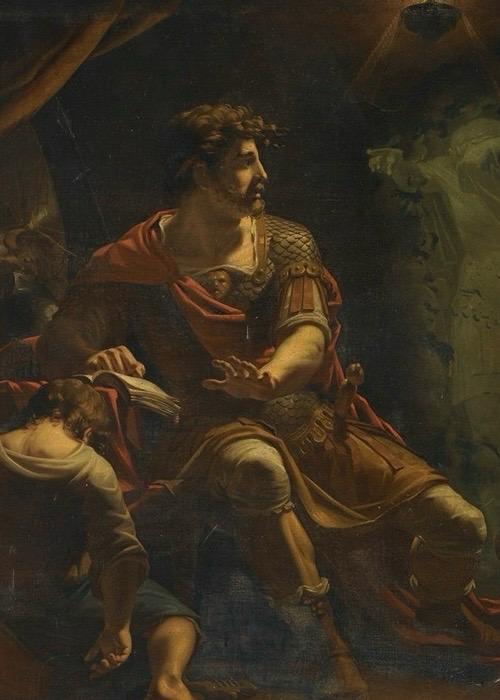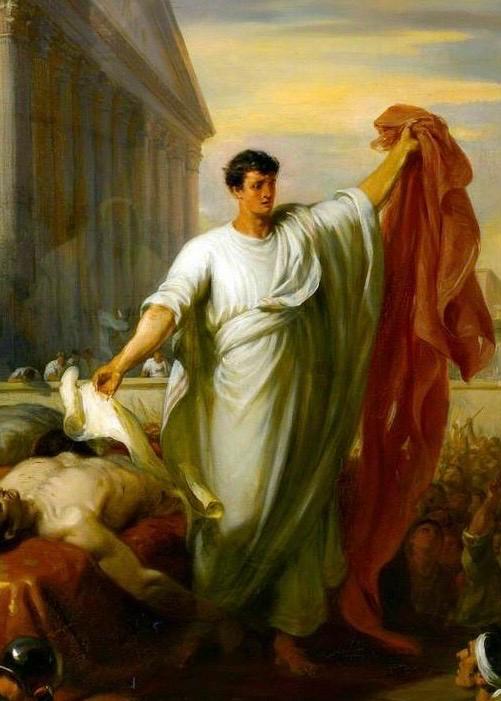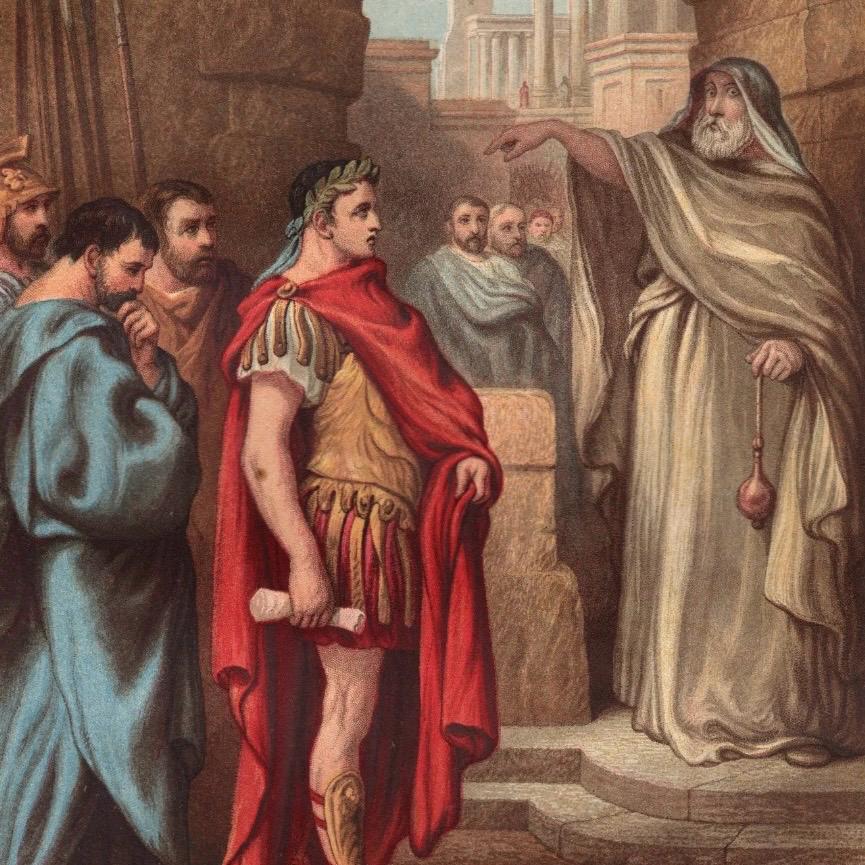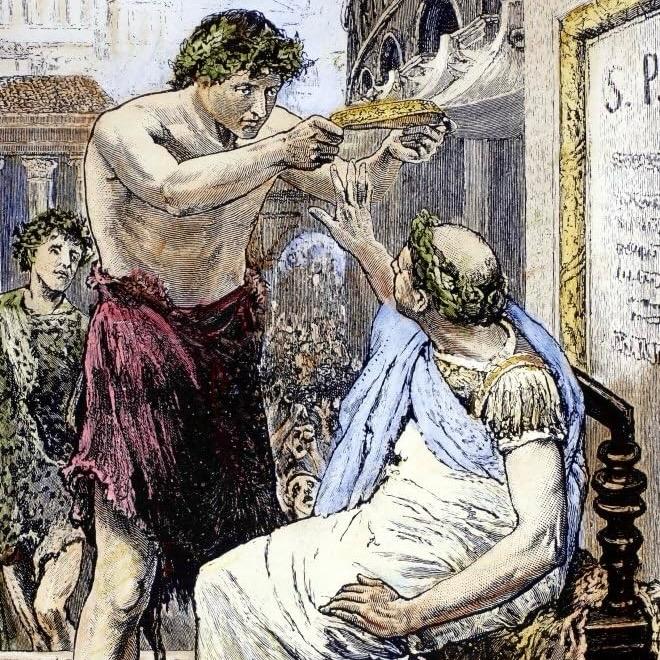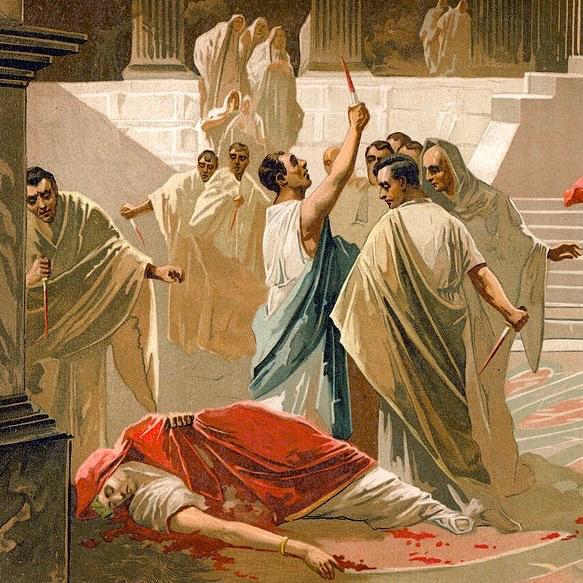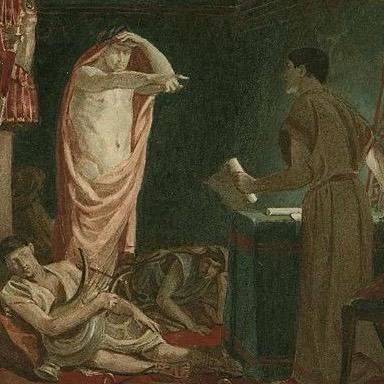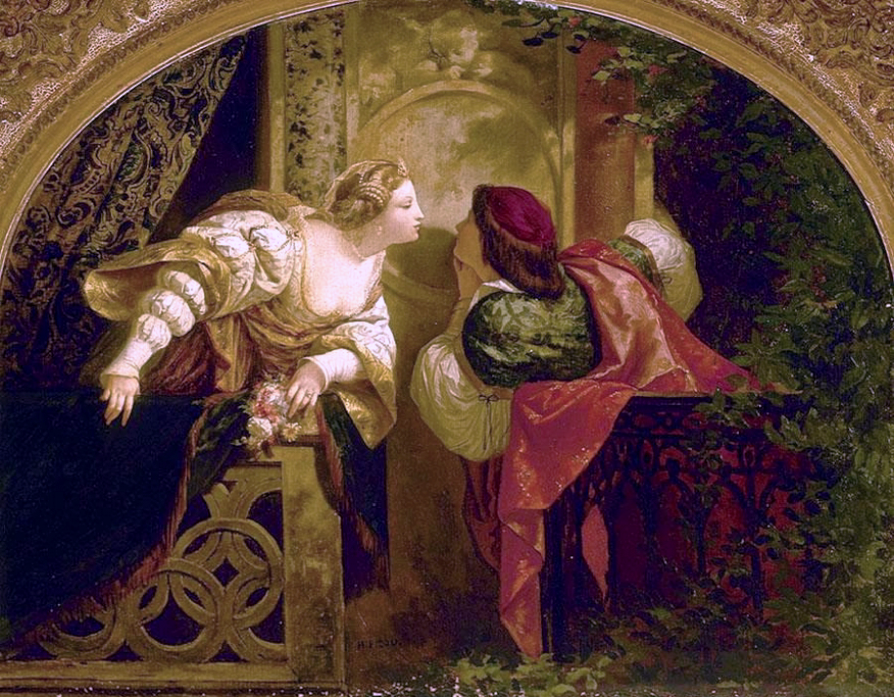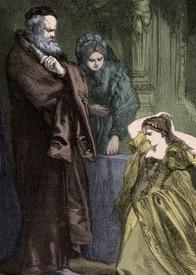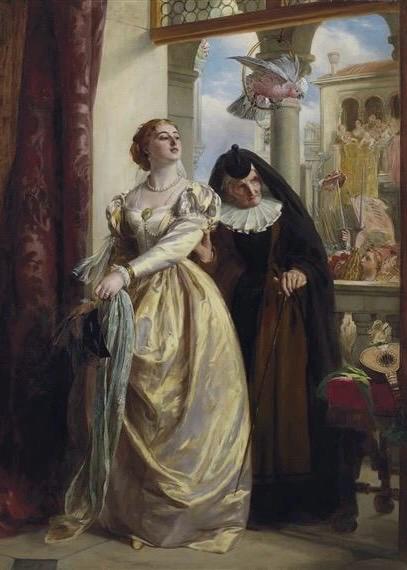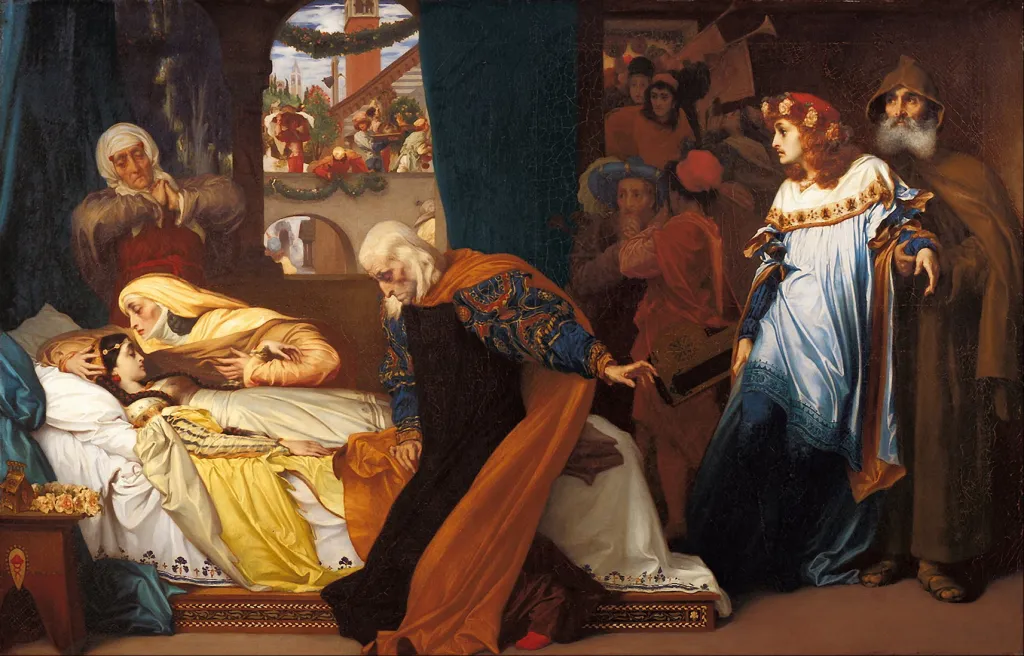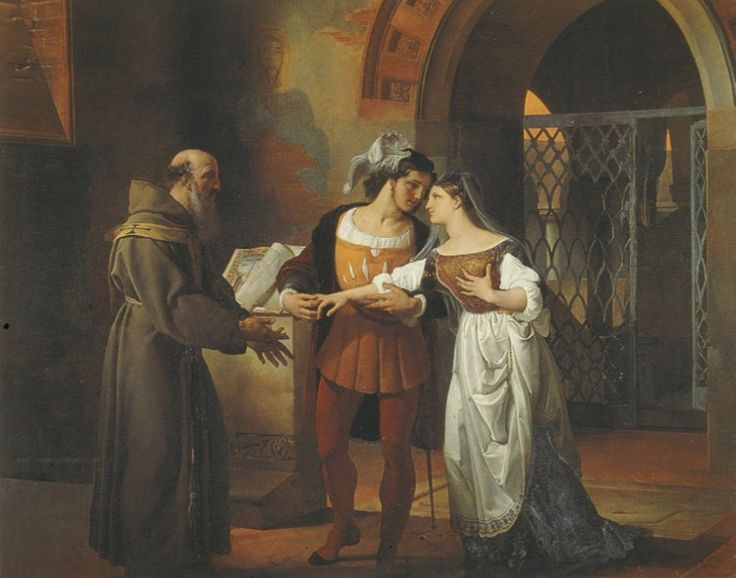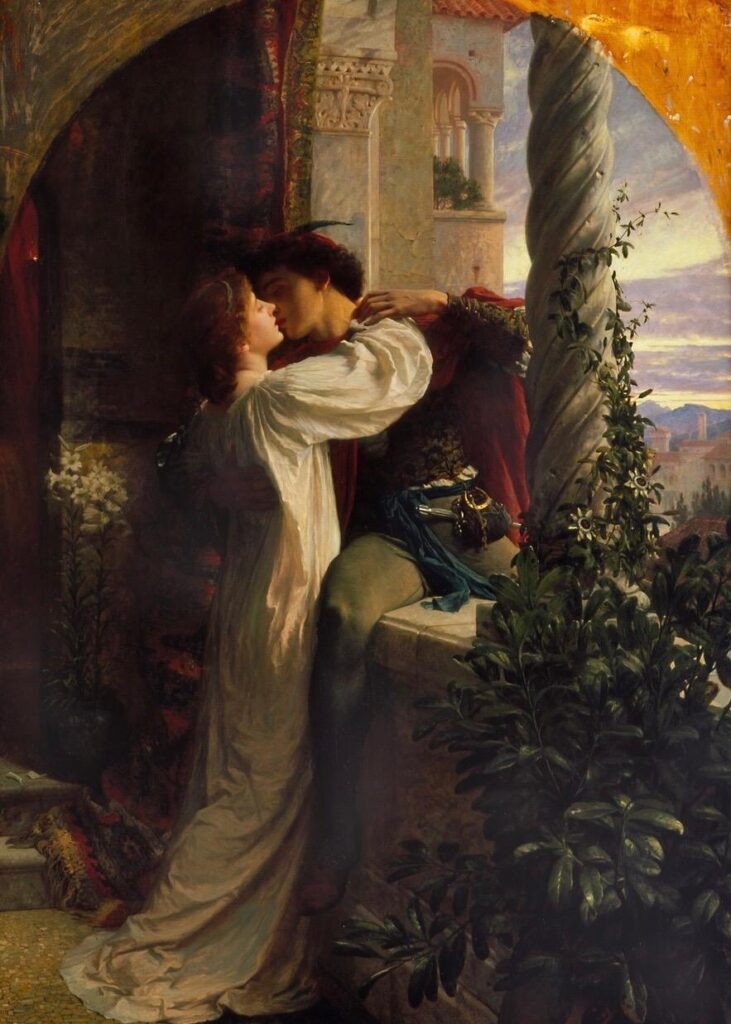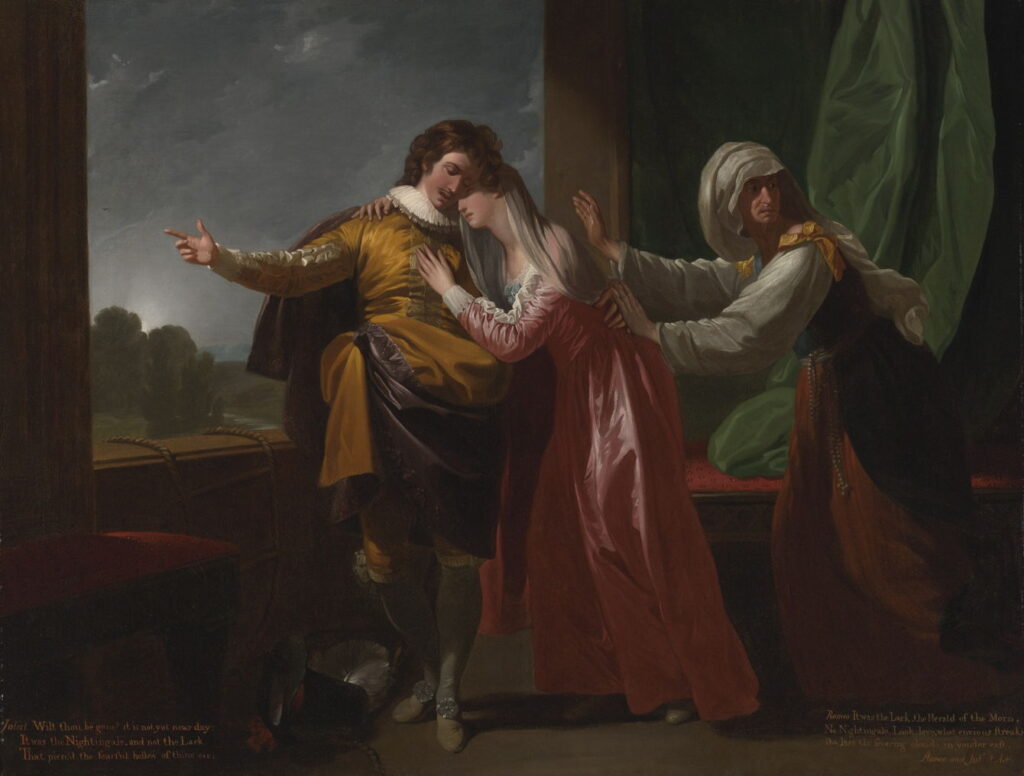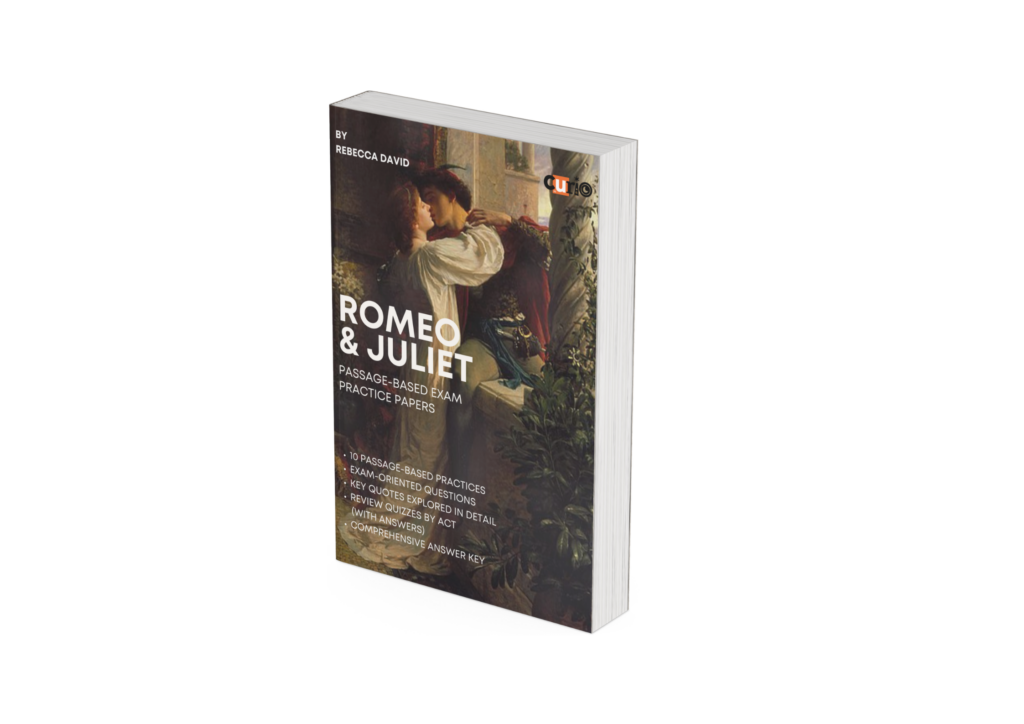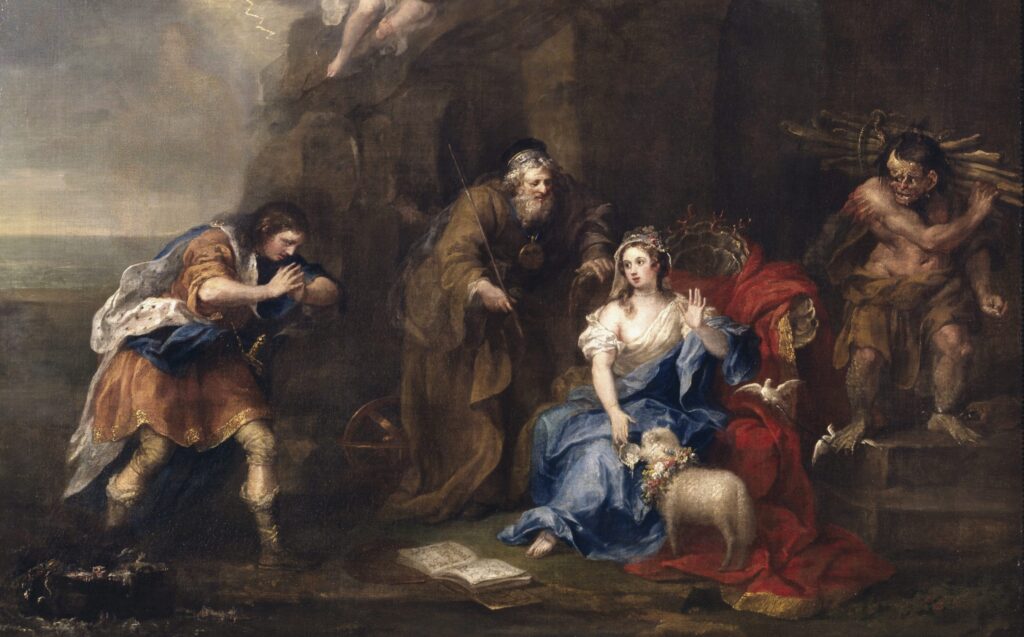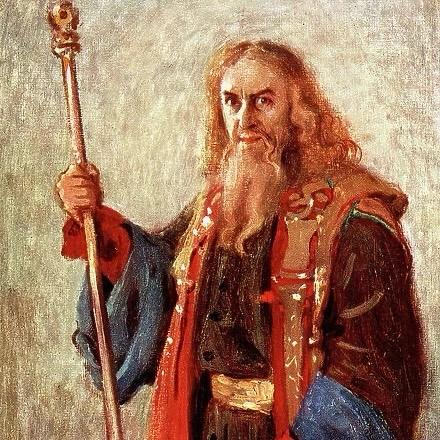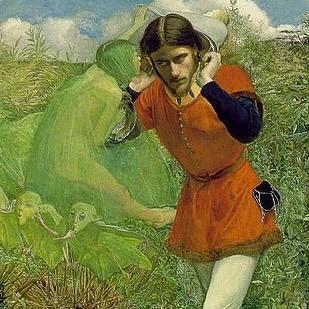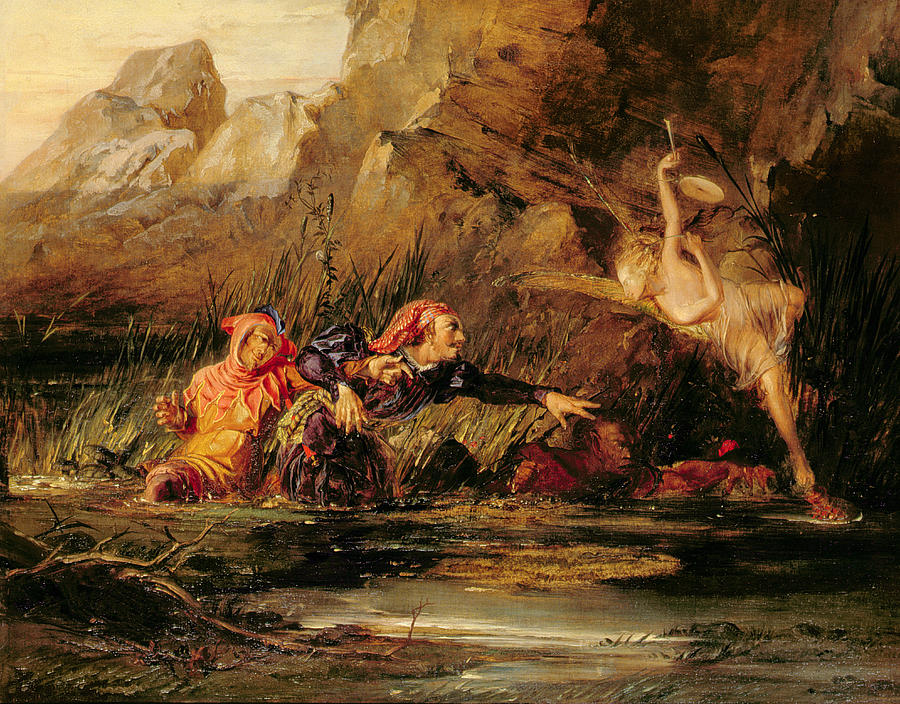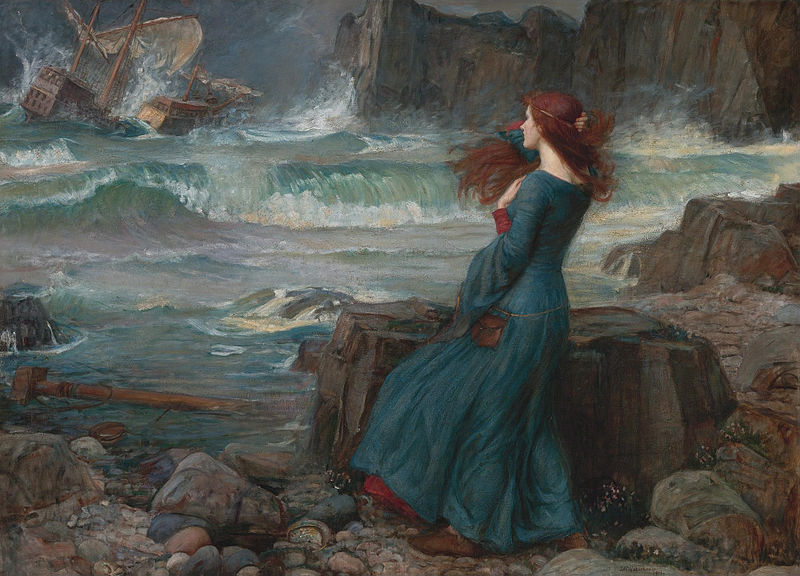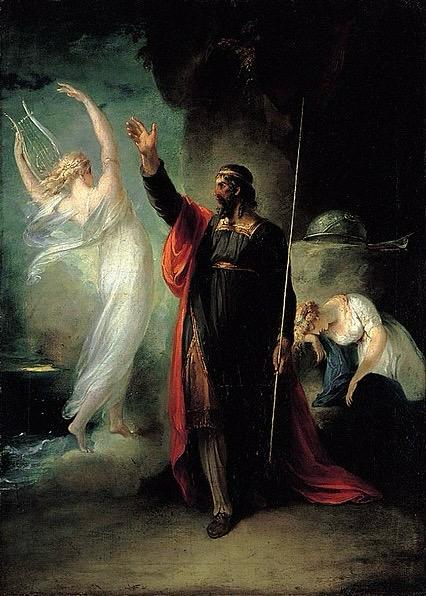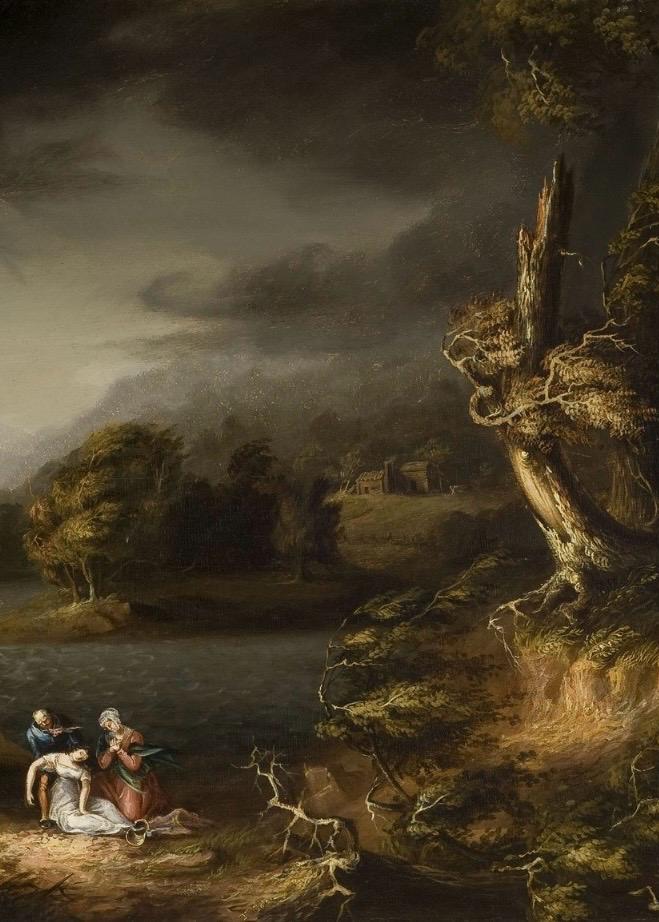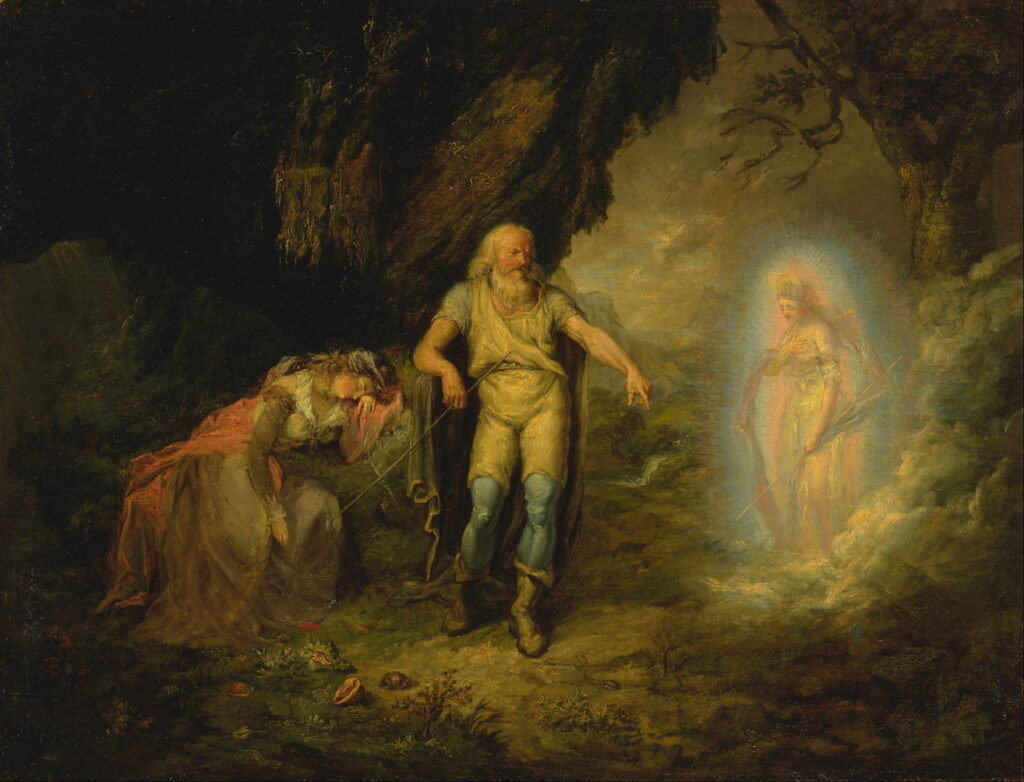"Despite being written over 400 years ago, Romeo and Juliet continues to resonate because its themes are as relevant today as ever."

If you’re studying Romeo and Juliet in English Literature class, you’re encountering one of Shakespeare’s most famous play, a classic that appears in school curriculums around the world. At its heart, it’s a tragic love story about two teenagers from feuding families who fall hopelessly in love, leading to one of the most heartbreaking endings in literature.
Romeo and Juliet isn’t just an old play written in difficult, archaic English. It’s a story that has inspired countless books, TV shows, and movies, which reimagined the tale for modern audiences with stylish visuals and modern soundtracks. So why does Romeo and Juliet remain so famous more than 400 years after it was first performed? Is it simply a story about impulsive young love, or is there something deeper that continues to resonate with audiences today?
Love, Fate, and Conflict

Romeo and Juliet’s love is intense and impulsive. They meet at a party, fall in love instantly, and quickly decide to marry in secret. Their powerful emotions drive them to make reckless choices, showing how overwhelming first love can lead to disaster when there’s no time to think.
Fate plays a central role in the tragedy. Shakespeare calls them “star-crossed lovers,” hinting that their destinies are doomed from the start. No matter what they do, misunderstandings and bad timing keep pushing them toward a tragic ending, raising the question of whether they ever had a real chance. Check out: Romeo & Juliet: What Shakespeare Tried to Tell Us About Teenage Romance.
Conflict between the Montagues and Capulets is the root of everything. Their families’ hatred creates constant tension and violence, making peace impossible. Shakespeare uses this feud to illustrate how pride and revenge can spiral out of control, ultimately destroying innocent lives and transforming a love story into a heartbreaking tragedy.
Beauty and Challenge

Shakespeare’s writing is full of famous lines like “What light through yonder window breaks?” or “A plague o’ both your houses!” The way he plays with words, uses metaphors, and creates vivid images makes the story feel intense and emotional, even centuries later.
But there’s no denying that the language can be challenging. Romeo and Juliet was written in the late 1500s, and the English is very different from what we speak now. The old-fashioned words, unusual sentence structures, and complex expressions can make it hard to understand what’s happening, especially if you’re reading it on your own.
That’s why it helps to read editions of the play that include footnotes or side-by-side modern translations. These can explain tricky words or phrases right on the page, so you don’t have to look everything up separately. They make it much easier to follow the story and appreciate Shakespeare’s poetic style without feeling completely lost.
What Makes Romeo and Juliet Timeless?

Romeo and Juliet stands out as one of the greatest tragedies ever told. A big part of what makes this play so memorable is Shakespeare’s talent as a writer. He is known as the greatest writer in the English language, famous for his plays, sonnets, and lasting influence on both the language and the world of theatre. His works are still studied, performed, and reimagined in different ways all over the globe, which shows how his writing continues to connect with people.
The play is also filled with characters who leave a strong impression. Romeo and Juliet themselves are iconic; even people who haven’t read the play know their names. Other memorable characters, like Mercutio, Tybalt, and the Nurse, also stand out and show how deeply the story has become a part of our culture.
Another reason the play stands out is Shakespeare’s creativity with language. He came up with hundreds of new words and phrases that people still use today, adding a rich and unique style to the dialogue.
Beyond the story itself, Romeo and Juliet has left a huge mark on culture. It has inspired countless books, movies, and songs. Modern versions, like the 1996 film starring Leonardo DiCaprio and Claire Danes or musicals like West Side Story, prove that new generations keep finding new ways to tell this story. Many theaters still perform the play, and each production brings something fresh, showing how the tale of love, danger, and family conflict continues to speak to audiences around the world.
Shakespeare and Modern Readers

Reading Shakespeare can feel like trying to solve a tricky riddle, especially for students picking up his work for the first time. The old-fashioned words, unusual sentence structures, and phrases that don’t make sense right away can make Romeo and Juliet seem confusing. Despite these challenges, understanding the play can be really rewarding once you start to unpack what Shakespeare is saying. Our Romeo & Juliet Study Guide: Passage-Based Exam Practice Papers was created to help students work through tricky parts of the text, explore literary devices, and understand dramatic techniques. By breaking things down clearly, it can make reading Romeo and Juliet a lot less intimidating.
If you’d like extra help, Curio offers online tuition in English Language, English Literature, and General Paper. We cover O-Level, A-Level, and the upcoming Singapore-Cambridge Secondary Education Certificate (SEC) in 2027, as well as English, Literature, or Language Arts subjects in the Integrated Programme (IP).
Sign up with Curio today to start building your skills and make Shakespeare’s works easier to enjoy and understand.




